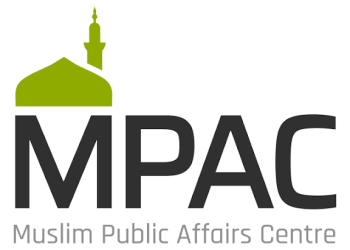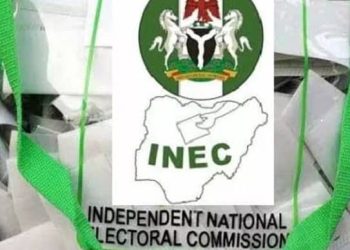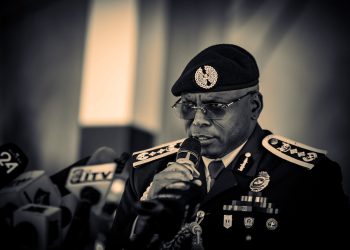The Community of Adamawa Civil Organizations (CACO) has commenced a two-day workshop in Abuja, to unveil the Nigeria Localization Barometer Project.
The initiative, supported by the International Council of Voluntary Agencies (ICVA), aims to enhance the effectiveness of humanitarian responses in Nigeria through localized strategies tailored to community needs.
By leveraging the barometer approach, CACO seeks to develop a precise understanding of localization progress and identify strategic areas for improvement.
The workshop features discussions on defining localization within the Nigerian context and addressing key questions raised by the local community.

The collaborative effort according to the Chairman of CACO Mr Peter Michael Egwudah, highlights the importance of grassroots involvement in shaping humanitarian responses, aligning with international commitments to empower local actors in crisis situations.
A consultant with the International Council of Voluntary Agencies Mr ICVA Mr. Joseph Benita explained that the objective of the workshop was to engage stakeholders in the implementation of the new localization approach.
He emphasised the need for the localisation barometer to be adapted to Nigeria’s context to ensure effective data collection and humanitarian response.
The representative of the United Nations Office for Coordination of Humanitarian Affairs UN OCHA Ms Esty Sutyoko, OCHA said local ownership and leadership of national NGOs and civil society organisations were crucial for effective humanitarian responses.
The Special Adviser, to Adamawa state governor on CSO/NGO Coordination and partner relations,
Ms Asmau Donli told the gathering that the state government was coordinating NGO efforts for humanitarian response, focusing on durable solutions and collaboration.
The Executive Director Nigeria network of NGOS Mr Oyebisi Oluseyi said the training was timely to ensure national NGOs are given the needed skills and resources to implement projects at local level.
For the Chairman Borno state NGO forum Comrade Bulama Abiso, national Non Governmental organisations have the capacity and understanding of local terrain to implement projects that have direct impact on the people.
The Chairman Zamfara state NGOs forum Musa Umar Aboki said the knowledge from the workshop would be stepped down to enhance synergy between International non-governmental organizations and their national counterparts.
The cordinator of Ibaji Women Development Association Mrs Mary James Egwemi said engaging traditional leaders and government would go along way in cascading the localisation project.
The national consultant of the lacalisation barometer project Malam Musa Umar explained that the Localization project became a mainstream reform issue at the 2016 World Humanitarian Summit in Istanbul, adding that the project was to understand the level of progress of the localisation at various levels.
The two day workshop gathers representatives from various local and international humanitarian organizations working in Nigeria with the focus on assessing the level of implementation of the localization agenda, a global initiative to shift power and resources closer to affected populations.














